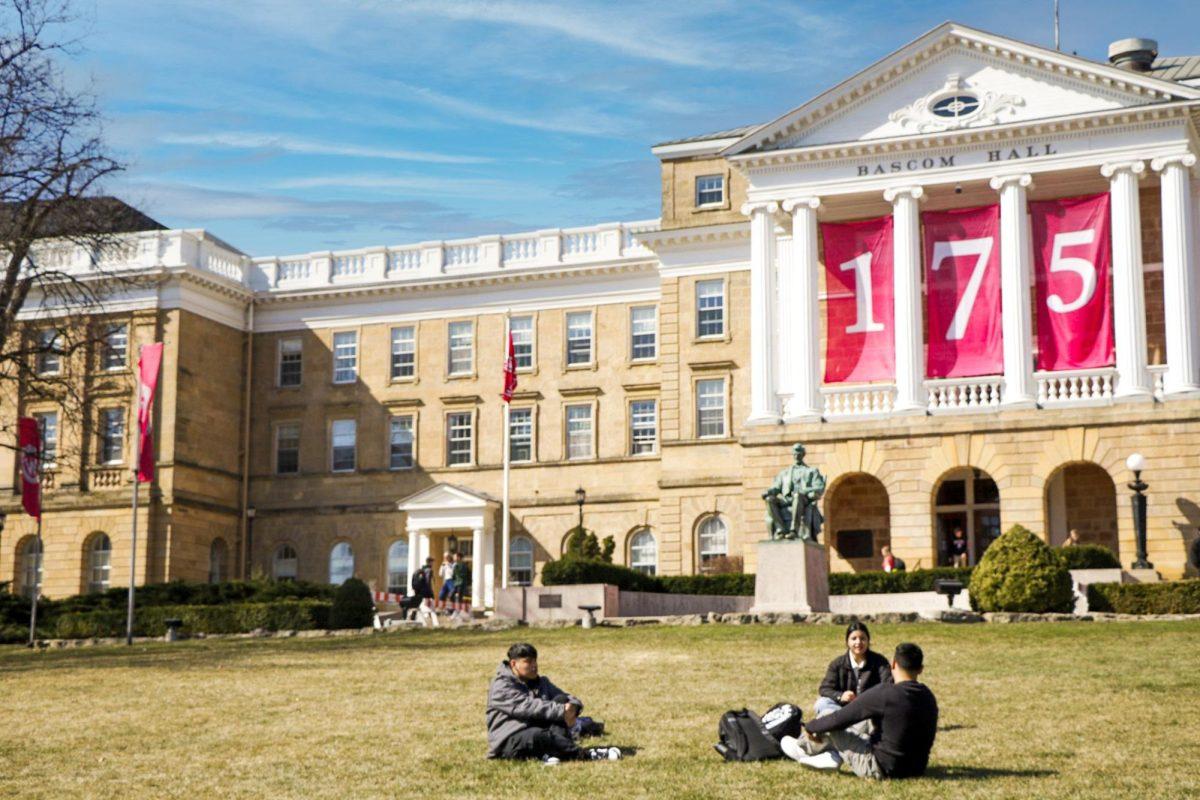Special interest groups that run advertisements during elections would have to reveal the names of their donors under a bill passed Tuesday by the Wisconsin State Senate.
According to the text of the bill, the legislation only applies to ads that run 60 days immediately prior to an election and that name specific candidates. Contributions from unions and corporations would still be prohibited.
Jay Heck. Executive director of the non-profit Common Cause in Wisconsin, said his group has been working on passing legislation like this for years, especially after 2008’s state Supreme Court election between then-Justice Louis Butler and current Justice Michael Gableman that featured many attack ads against both candidates from outside groups such as left-leaning Greater Wisconsin Committee and business lobby group Wisconsin Manufacturers and Commerce.
“It’s designed to level the playing field. Candidates don’t have the option of using undisclosed and unregulated ads, and this applies those same rules to those outside groups,” Heck said. “Right now they’re anonymous and people don’t know who’s paying for them. If people know who’s supporting those ads, they might pause.”
Heck pointed out the bill had bi-partisan support, saying it addresses an issue that affects both Republican and Democratic candidates.
“I think this will free up citizens to have a greater voice in elections,” Heck said. “This doesn’t stop those groups from spending money. They can do it, it just says voters have a right to know who you are.”
Although the bill has found much support, it has drawn criticism as well.
Barbara Lyons, executive director of Wisconsin Right to Life, said the group is “adamantly opposed” to the bill, citing concerns over freedom of speech.
“They’re trying to say you can’t even tell the public this is the candidate’s opinion on this issue without disclosing donors and without reporting to the state with hefty fines,” Lyons said. “Why should candidates and newspapers be able to speak freely and not citizen’s groups?”
Lyons said groups like hers provide the public with information which candidates often will not, or will frame in a way to make themselves look better.
UW Political Science Professor Ken Goldstein said he sees no infringement on freedom of speech in the bill.
He said ads by special interest groups clearly fall into the category of election ads, which means they should be subject to the same laws.
“I am absolutely someone that wants to err on the side of free speech all the time. I actually think the more ads we have the better, but I think it’s absolutely fine and valid and desirable to know who’s spending money,” Goldstein said.
Goldstein also mentioned the Supreme Court is currently reviewing a case regarding a 2008 advertisement by the group Citizens United against then-presidential candidate Hilary Clinton. The decision of the court could influence restrictions on campaign spending and campaign ads, including the future of the new senate bill.














